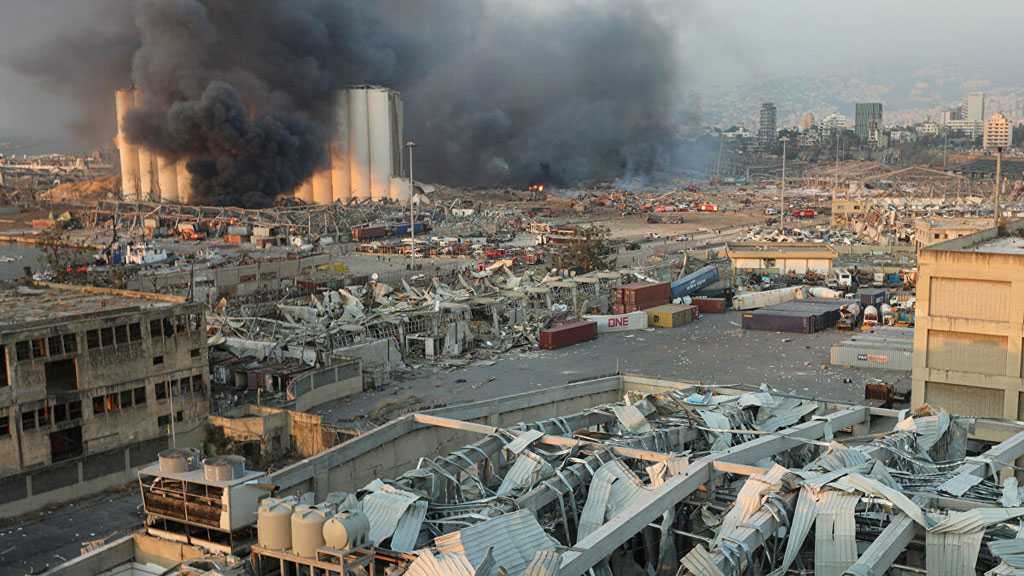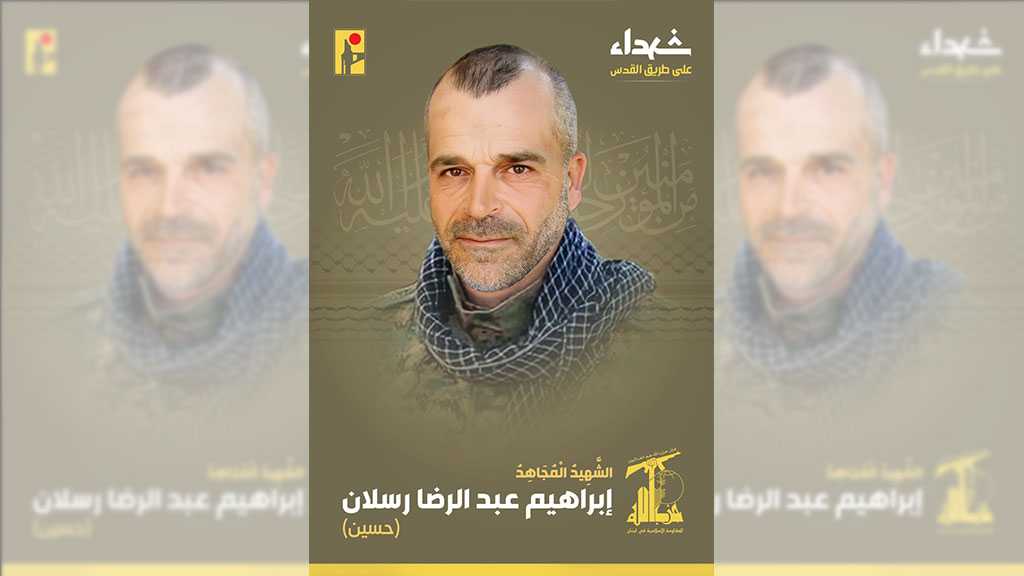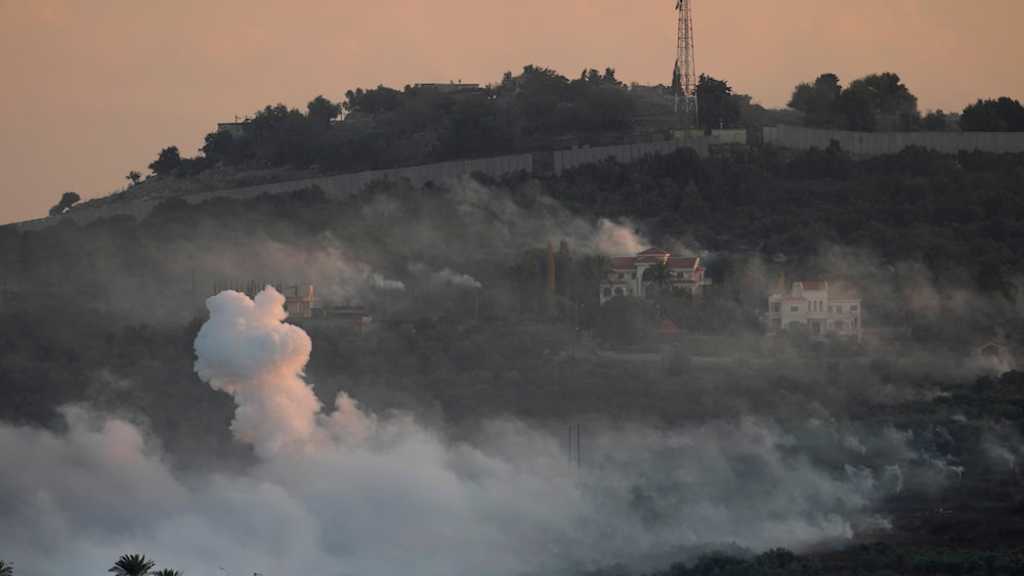
‘Immediate Humanitarian Assistance’ Mobilized in Force, To Support Beirut After Deadly Blast

By Staff, Agencies
The response to Tuesday’s explosion in Beirut requires global support in order to “surmount the devastating impact” of the crisis facing the Lebanese people, the United Nations Deputy Special Coordinator for the country said on Thursday.
Reiterating the Secretary-General’s commitment to assist Lebanon, Resident Coordinator Najat Rochdi, who also coordinates the UN humanitarian effort in the country, has released $9 million from the Lebanese Humanitarian Fund to help meet immediate needs.
“With the emergence of new challenges due to the latest devastating event, UN in Lebanon and partners are mobilized to provide immediate humanitarian assistance to the Lebanese people in support of the government’s response to this tragedy”, she said.
Saying that she has been deeply moved by the peoples’ solidarity and spontaneous acts of kindness, she spelled out: “We are in this together, and we are committed to support Lebanon in this very difficult time”.
UN emergency relief chief Mark Lowcock will also release additional funding from the Organization’s Central Emergency Response Fund [CERF] to address immediate needs and help strengthen the capacity of existing hospitals.
This will include expanding and establishing additional Intensive Care Units [ICUs] where needed, and provide trauma kits, ventilators, medical supplies and medicine.
Almost 80,000 children are among the 300,000 people displaced by the Beirut explosions, according to UN Children’s Fund [UNICEF] estimates, with affected families in desperate need of support.
The explosions caused an estimated 140 fatalities, 5,000 injuries and hundreds still missing.
While the number of child casualties is unclear, thousands of children’s lives have been turned upside down, with many traumatized and in shock.
“Over the past 24 hours, UNICEF continued to coordinate closely with authorities and partners on the ground to respond to the urgent needs of families affected, focusing on health, water and the wellbeing of children,” said Violet Speek-Warnery, UNICEF Deputy Representative in Lebanon.
According to the World Health Organization [WHO], the blast has rendered three hospitals inoperable.
At the same time, two other facilities sustained substantial damage, and the equivalent of 500 hospital beds have been lost.
UN Deputy Spokesperson Farhan Haq told journalists that in coordination with the Lebanese Ministry of Health, further assessments are underway to “identify available capacity, material needs and operational gaps in the health sector”.
As health organizations start to procure medical equipment and supplies, WHO is helping to cover 1,000 trauma and 1,000 surgical interventions for people suffering from burns and wounds caused by glass and other debris from the blast.
Comments
- Related News



